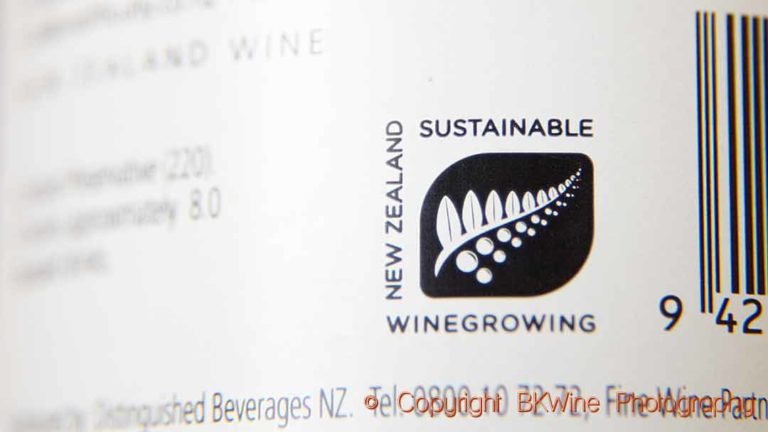

 Sweet dry wine and the taste police
Sweet dry wine and the taste police
A dry wine should be dry and a sweet wine sweet. That sounds obvious. But considering the amounts of not-so-dry red wines sold in the world today, one begins to wonder.
In the past, people enjoyed drinking sweet wines more: sherry, madeira, banyuls, maury, port, sauternes… Yes, they really liked sweet wines, that is, wines that are meant to be sweet. Even champagne was much, much sweeter than it is now.
Today it is trendy to make Champagne as dry as possible. And German white wines that almost always used to have some or a lot of residual sugar are becoming drier and drier. Sauternes, port wines etc have to make an extra effort today to sell their wines.
So one might think that dry wines are what consumers want nowadays. But, is it really so? I wonder.
Because today the sweetness has sneaked into red wines. Where it does not belong (if it does not happen to be a recioto). In our opinion. Admittedly this applies mostly to simple red wines but these are the real bestseller wines.
Not to mention Prosecco. This successful brand sells its “dry” and “extra dry” bubbles in enormous quantities (and some brut also, of course). Perhaps some consumers think that dry means, well, dry, but in bubble language, it actually means sweet (all sparkling wines in the EU have the same rules as Champagne to indicate sweetness). Perhaps this actually is clever marketing for the producers, offered for free by the EU rules? Consumers think they are drinking a dry wine, but in fact, it is rather sweet and thanks to its sweetness, the consumers like it more and they buy the same bottle again!
But taste is of course very personal. So do not take this as a battle-cry, one of those that is heard once in a while, that “don’t buy [don’t make] these awful wines with high residual sugar”.
We’re simply saying that we don’t particularly like “sweetish dry” wines. But the consumers who like them should of course buy them. Just like those who like natural wines tasting like cider should be able to get those too (not all natural wines are that bad), those who like wines tasting like oak extracts should find them on the shelves, just like the enthusiasts for body-builder wines should find what he likes in the shop. But we don’t particularly like them…
There is no taste police (although one sometimes get that impression in some texts), no “acceptable” or correct taste, no one who has the right to say “you really should not like this wine”. The only correct and acceptable taste is your own, what you like.
The autumn season for wine tours is in full swing. We, and our wine tour travel guests, have already been in Bordeaux, Loire, Alsace, Veneto and more. We are soon heading to Portugal, Rioja, more Bordeaux, Champagne, Puglia and some other places. You can follow us on BKWine Tours Facebook page.
Take the opportunity to book your next wine tour with us now! We have just published the spring program plus some other things for 2019. More info below!
Britt & Per
PS: Recommend to your friends to read the Brief !
[box type=”note” size=”large” style=”rounded” border=”full”]This is just the introduction to the latest issue of the Brief. Subscribe to the BKWine Brief and you will get the whole edition in your mailbox next month.[/box]








